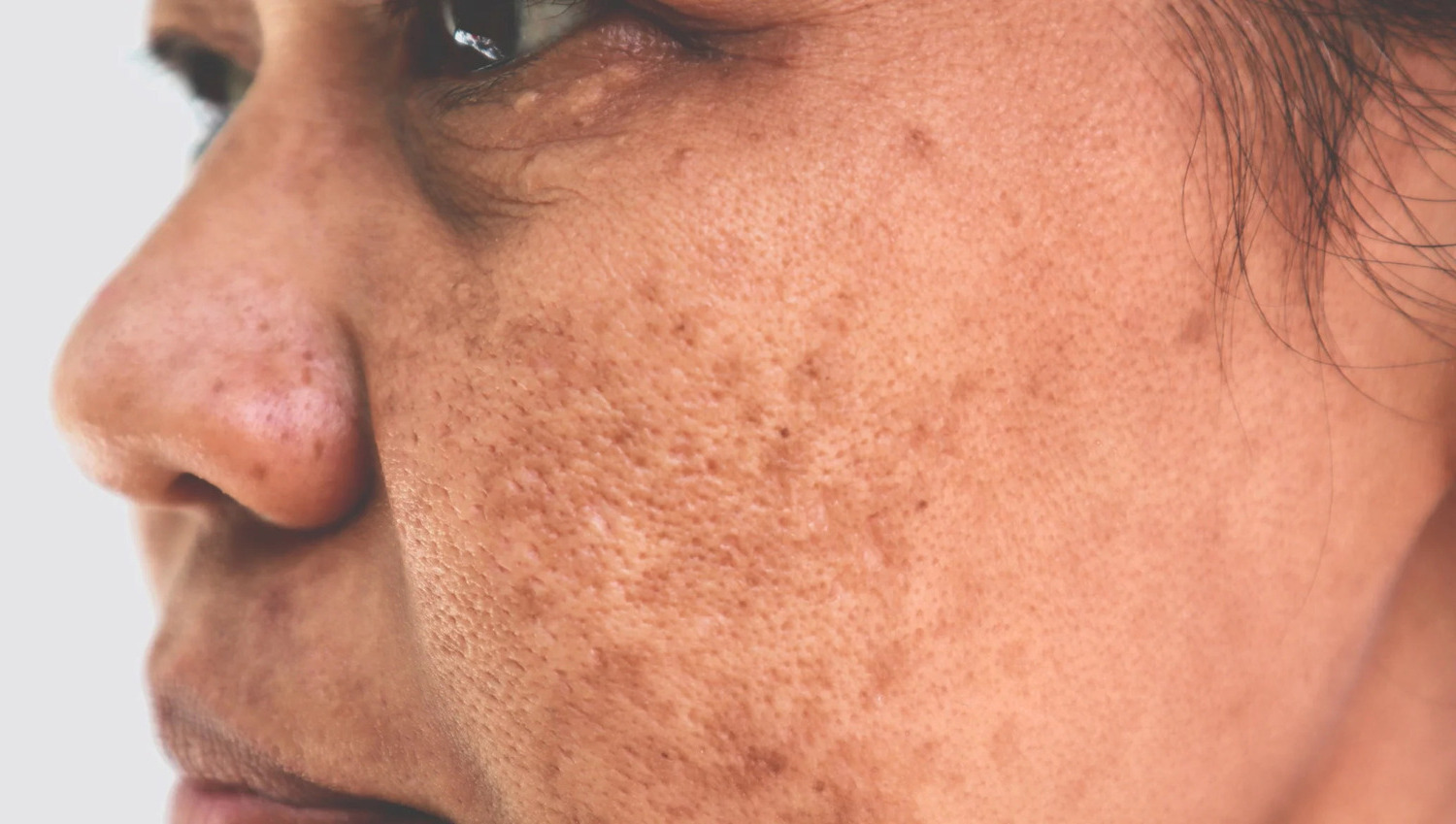
Gastrocutaneous Syndrome is a rare condition that affects the stomach and skin. Ever wondered what makes this syndrome so unique? Gastrocutaneous Syndrome involves the formation of abnormal connections between the stomach and the skin, often leading to complications like infections and nutrient deficiencies. Understanding this condition can help in managing symptoms and improving quality of life. In this blog post, we’ll dive into 20 intriguing facts about Gastrocutaneous Syndrome that will shed light on its causes, symptoms, and treatments. Whether you’re a medical student, a curious reader, or someone affected by this condition, you’ll find valuable information here.
What is Gastrocutaneous Syndrome?
Gastrocutaneous Syndrome is a rare genetic disorder that affects the skin and gastrointestinal system. Understanding this condition can help those affected manage symptoms better.
- Gastrocutaneous Syndrome is caused by mutations in the PLG gene, which plays a role in breaking down proteins in the body.
- Symptoms often include skin lesions and gastrointestinal issues like chronic diarrhea.
- The syndrome can lead to nutritional deficiencies due to malabsorption in the intestines.
- Skin lesions may appear as blisters, ulcers, or other abnormalities, often worsening with age.
- Diagnosis typically involves genetic testing to identify mutations in the PLG gene.
How Does Gastrocutaneous Syndrome Affect Daily Life?
Living with Gastrocutaneous Syndrome can be challenging. Here are some ways it impacts daily activities and health.
- Chronic pain from skin lesions can make everyday tasks difficult.
- Frequent doctor visits are often necessary to manage symptoms and monitor health.
- Dietary restrictions may be required to manage gastrointestinal symptoms.
- Social interactions can be affected due to visible skin lesions and the need for frequent medical care.
- Mental health issues like anxiety and depression are common due to the chronic nature of the condition.
Treatment Options for Gastrocutaneous Syndrome
While there is no cure, various treatments can help manage symptoms and improve quality of life.
- Topical treatments like creams and ointments can help manage skin lesions.
- Oral medications may be prescribed to control gastrointestinal symptoms.
- Nutritional supplements are often necessary to address deficiencies caused by malabsorption.
- Physical therapy can help manage pain and improve mobility.
- Psychological support is crucial for dealing with the emotional impact of the syndrome.
Research and Future Directions
Ongoing research aims to better understand Gastrocutaneous Syndrome and develop more effective treatments.
- Gene therapy is being explored as a potential treatment to correct the underlying genetic mutation.
- Clinical trials are ongoing to test new medications and therapies.
- Patient registries help researchers collect data and track the progress of those with the syndrome.
- International collaborations are crucial for advancing research due to the rarity of the condition.
- Awareness campaigns aim to educate the public and healthcare professionals about Gastrocutaneous Syndrome.
Final Thoughts on Gastrocutaneous Syndrome
Gastrocutaneous Syndrome, though rare, has significant impacts on those affected. Understanding its symptoms, causes, and treatments can help manage the condition better. Early diagnosis is crucial for effective treatment. Symptoms often include abdominal pain, skin lesions, and digestive issues. Causes range from genetic factors to environmental triggers. Treatment typically involves a combination of medication, dietary changes, and sometimes surgery. Support from healthcare professionals and loved ones plays a vital role in managing the syndrome. Staying informed and proactive can make a big difference in the quality of life for those dealing with Gastrocutaneous Syndrome. Always consult with a healthcare provider for personalized advice and treatment plans. By spreading awareness, we can help those affected lead healthier, more comfortable lives.
Was this page helpful?
Our commitment to delivering trustworthy and engaging content is at the heart of what we do. Each fact on our site is contributed by real users like you, bringing a wealth of diverse insights and information. To ensure the highest standards of accuracy and reliability, our dedicated editors meticulously review each submission. This process guarantees that the facts we share are not only fascinating but also credible. Trust in our commitment to quality and authenticity as you explore and learn with us.


